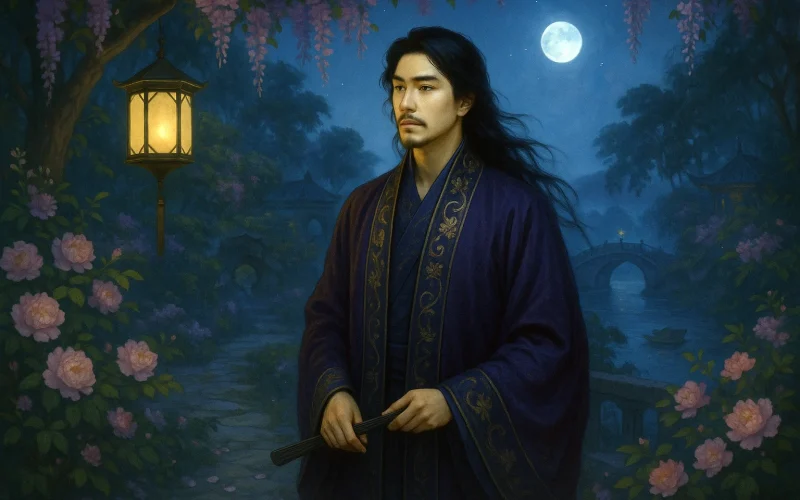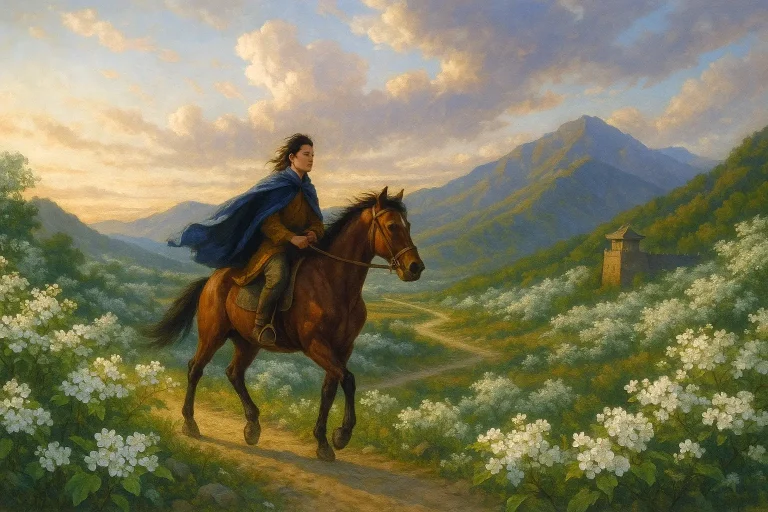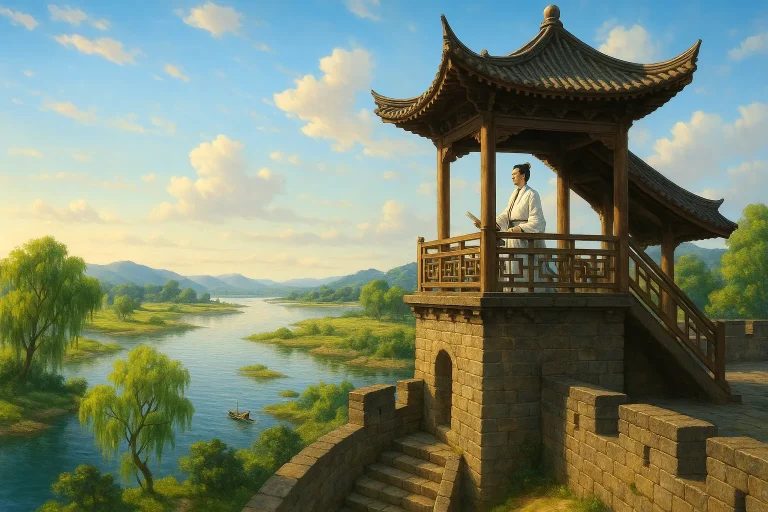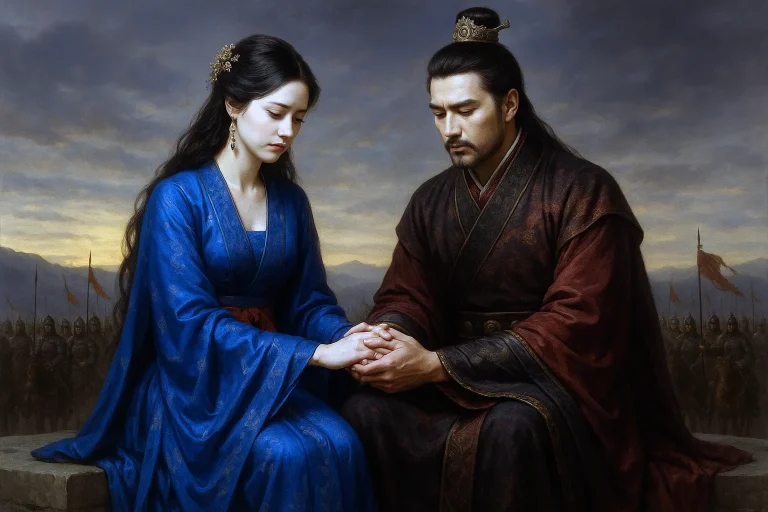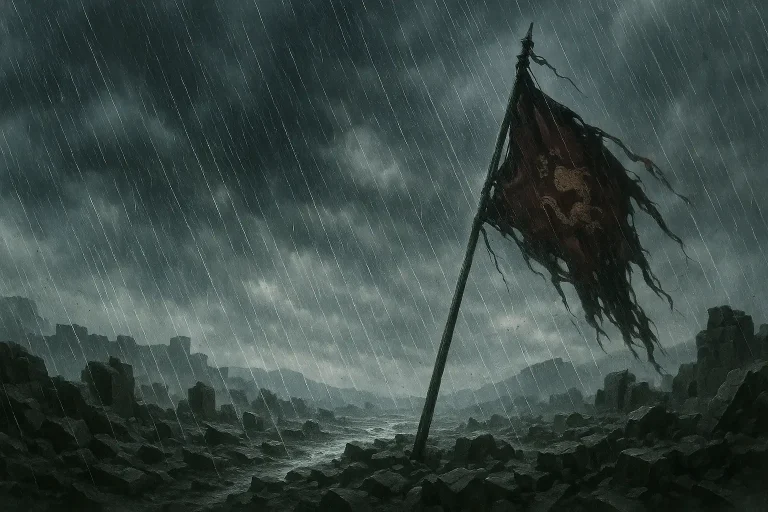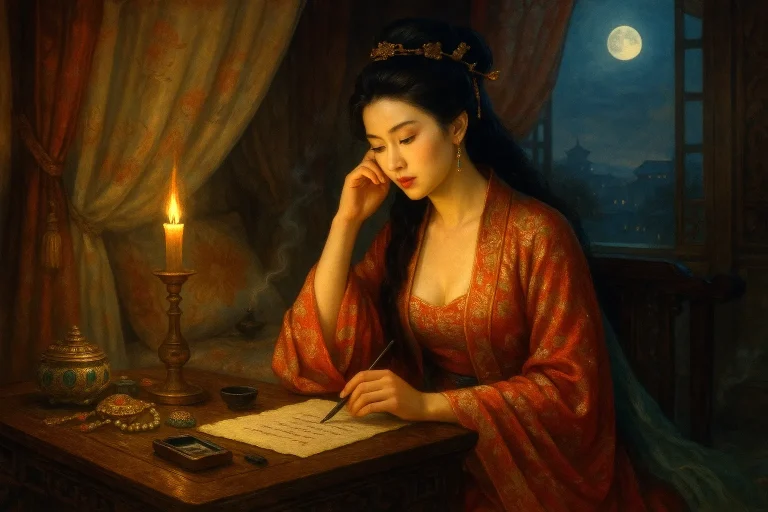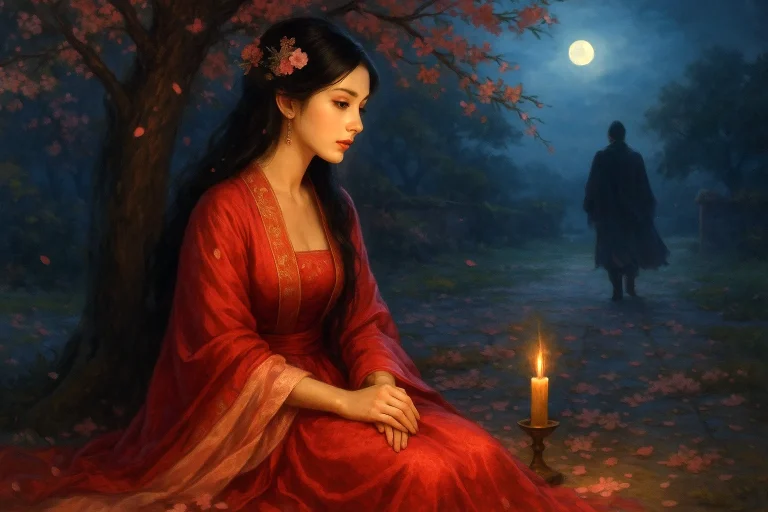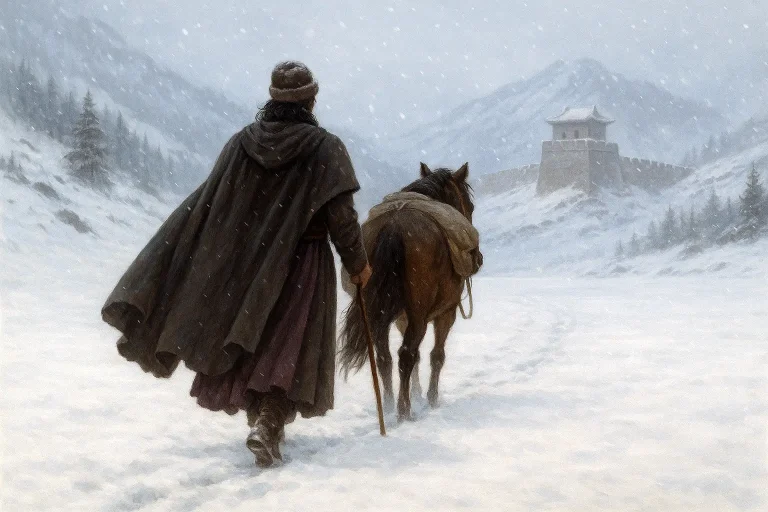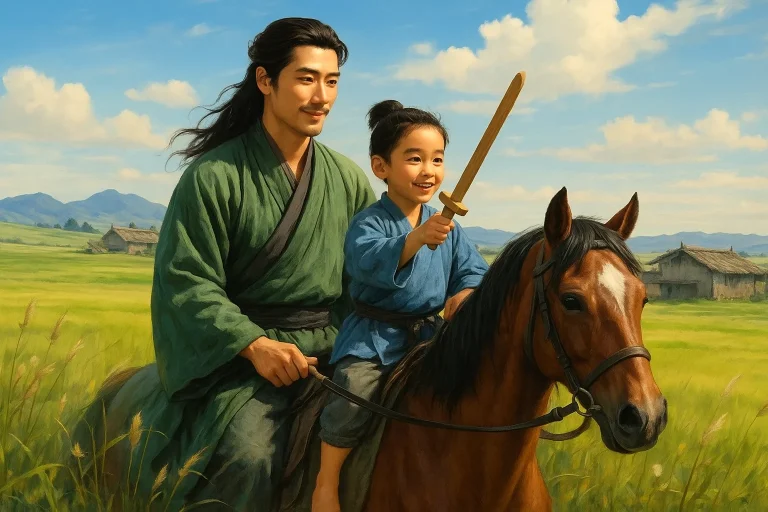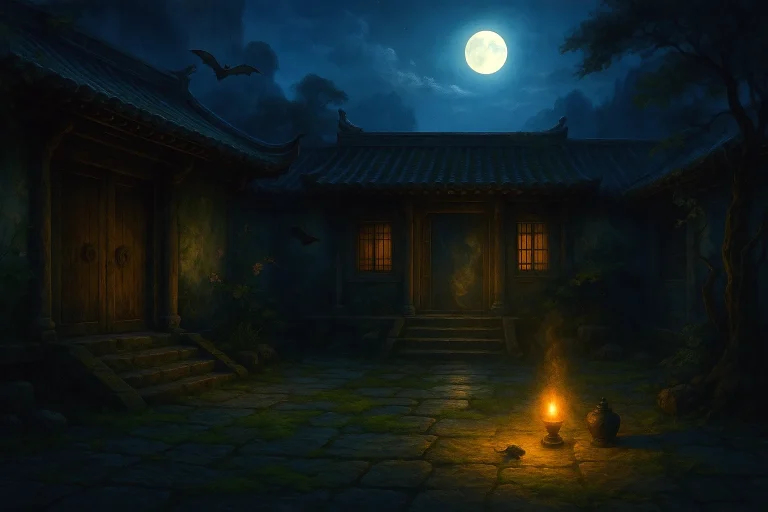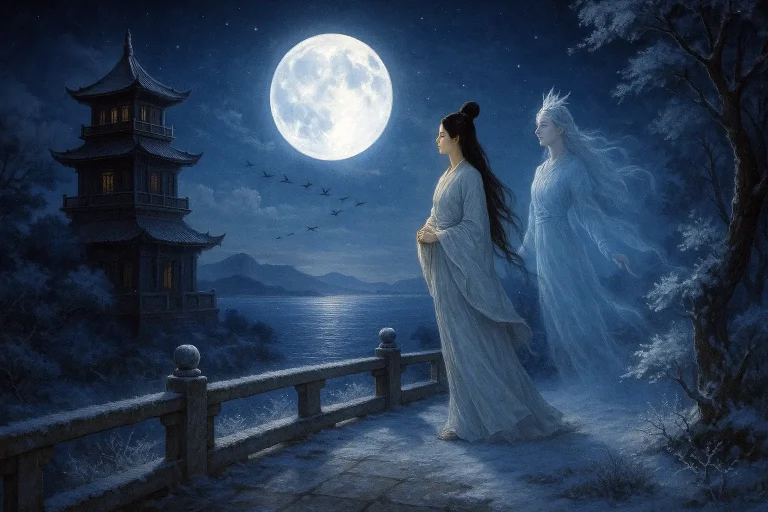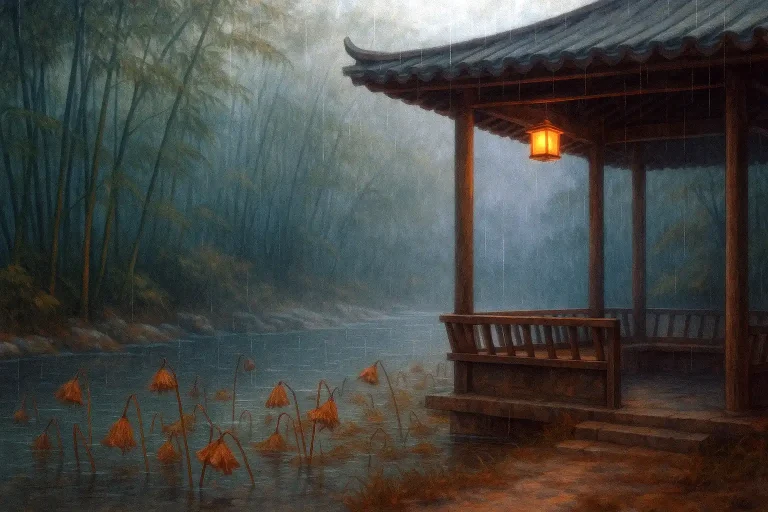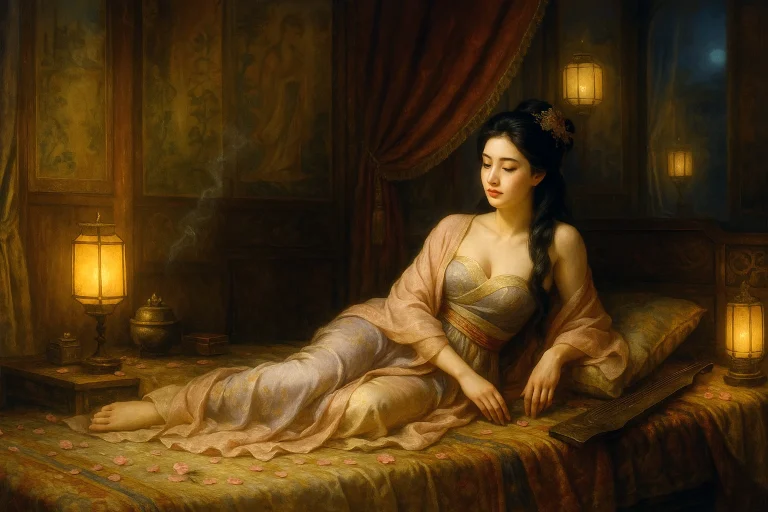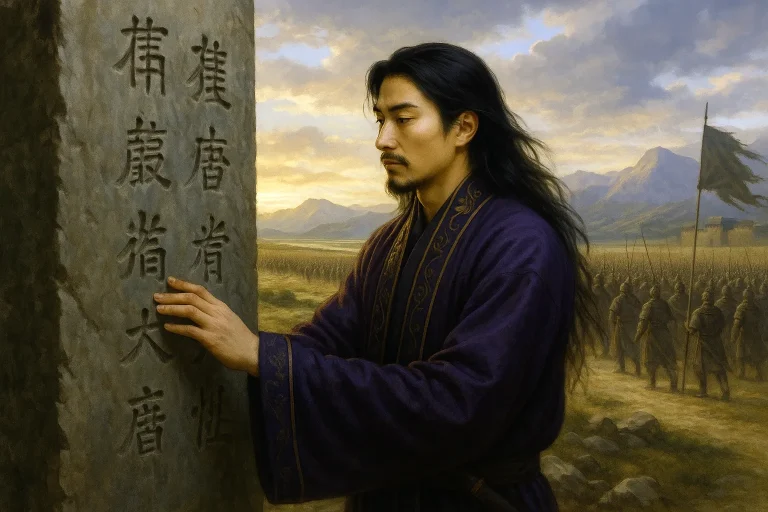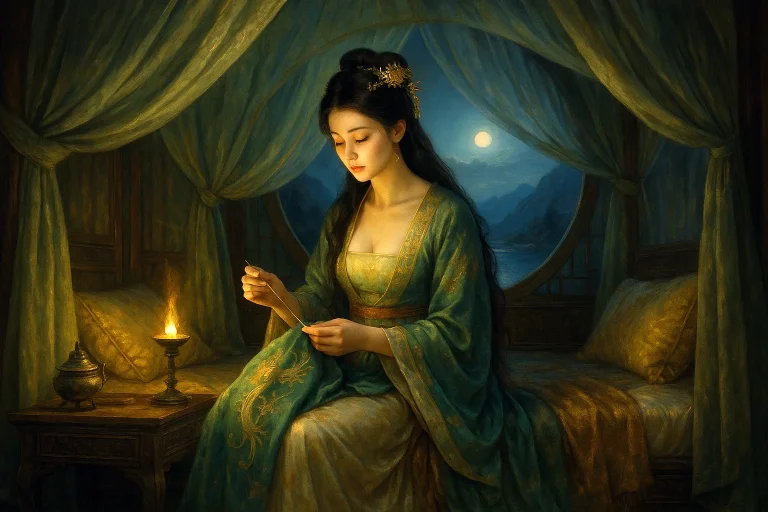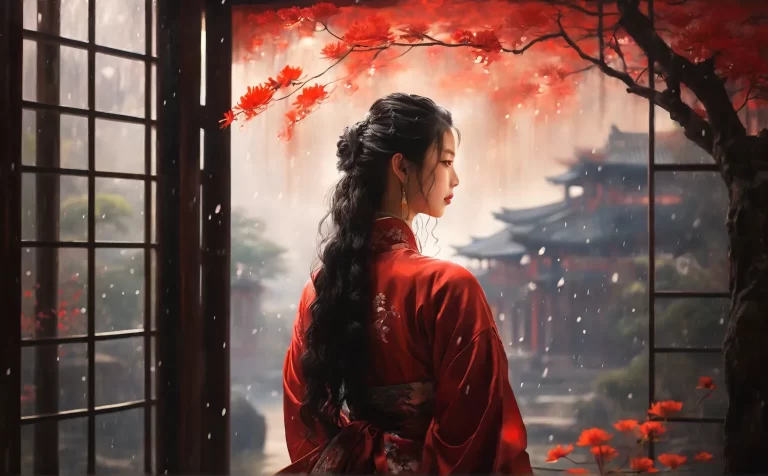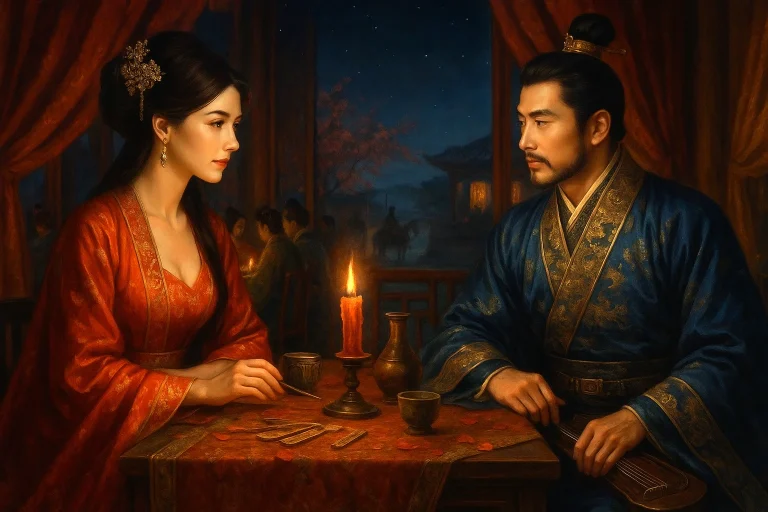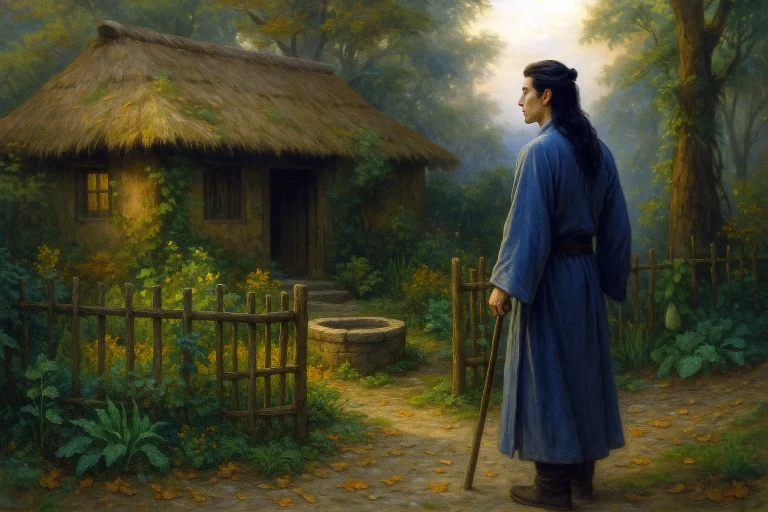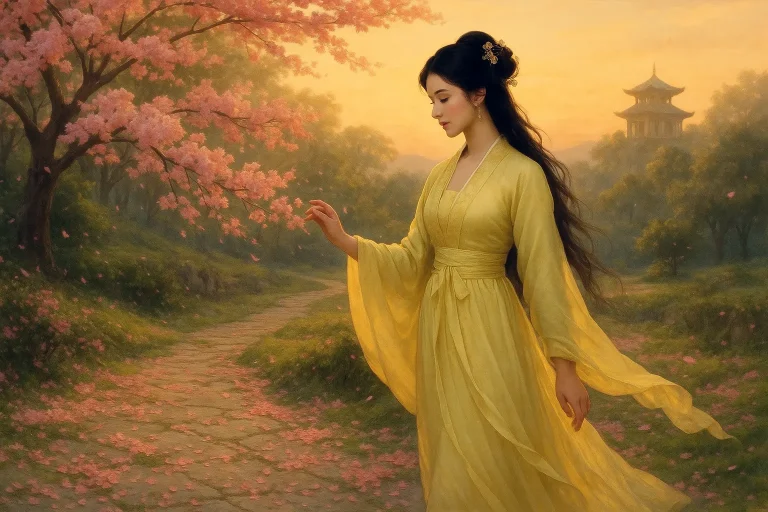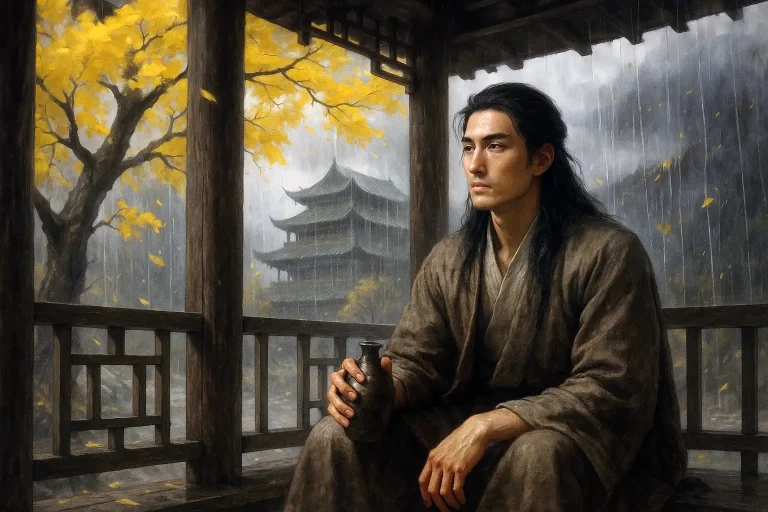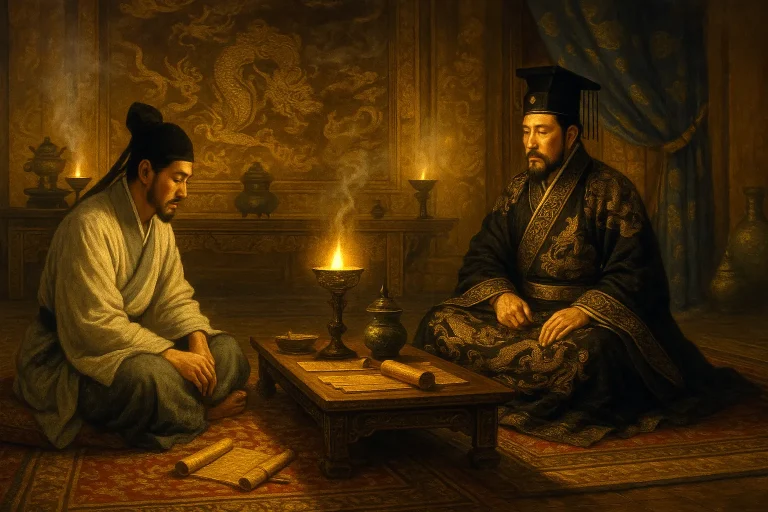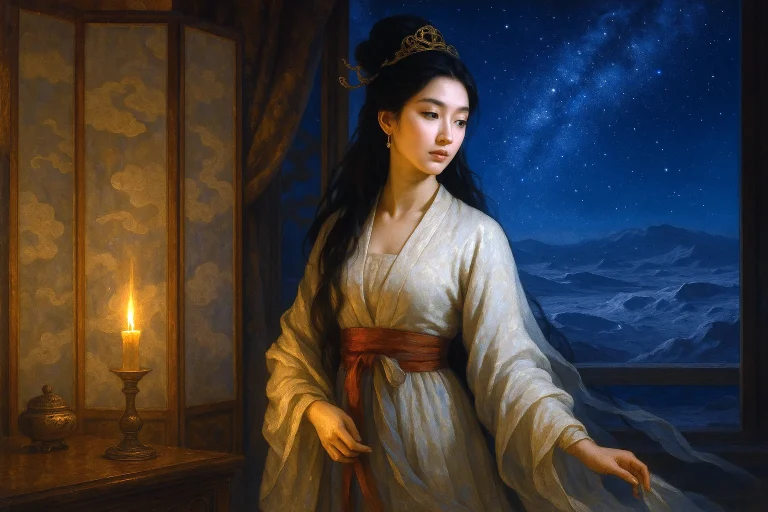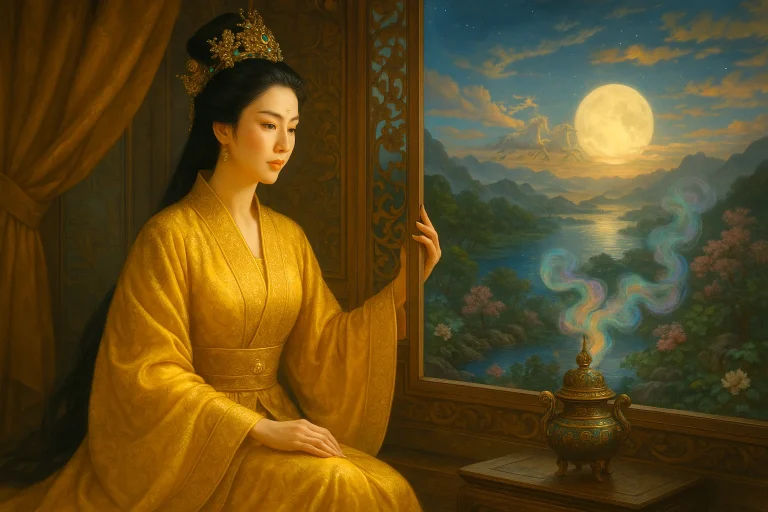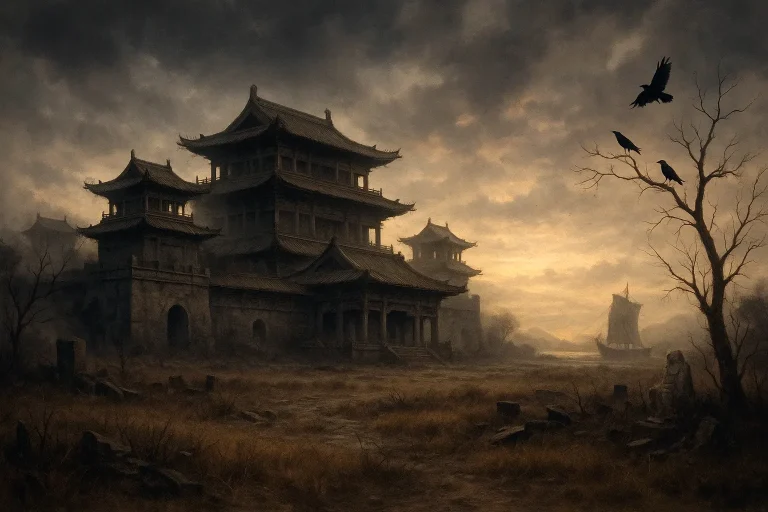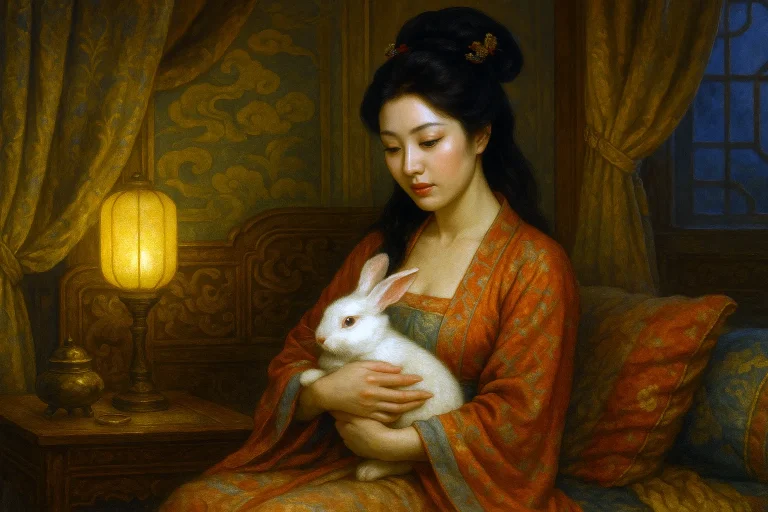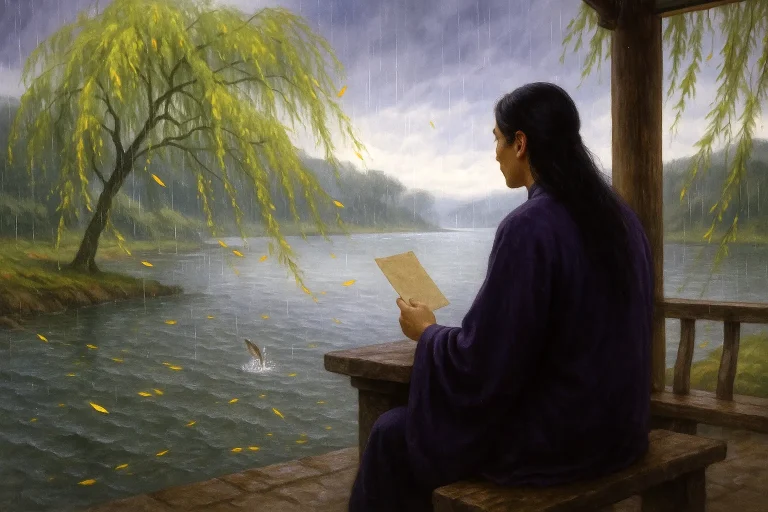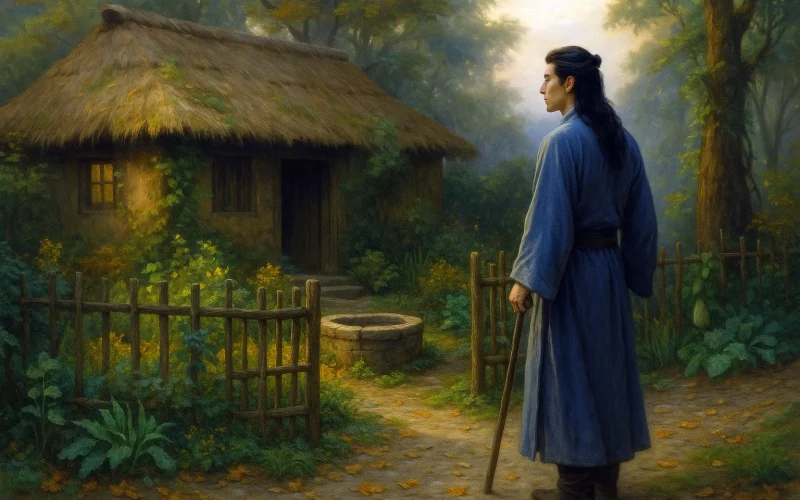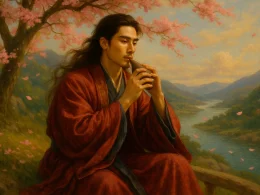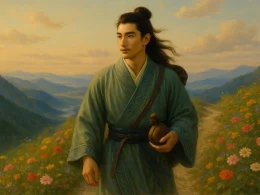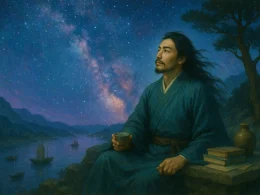Li Shangyin (李商隐), 813 - 858 A.D., was a native of Qinyang City, Jiaozuo City, Henan Province, and as a young man, he was in extremely difficult circumstances. In literature, Li Shangyin was a great poet of the Late Tang Dynasty, whose poems were on a par with Du Mu's. His poems were written in the form of songs and poems, attacking the ills of the times, reciting ancient history, or sending farewells to friends.
李商隐
lǐ shāng yǐn
Popular Poems
Main Experience
In 829 AD, when Li Shangyin was nineteen years old, Linghu Chu appreciated his talent and asked him to study the modern style of writing with his son, Linghu Xuan. In the sixth year of the Dahuo era, Li Shangyin went to Taiyuan with Linghu Chu.
In 837 A.D., Li Shangyin was admitted as a jinshi. After the death of Linghu Chu, Li Shangyin joined Wang Maoyuan, the minister of Jingyuan, who appreciated him and married his daughter to him. Wang Maoyuan was Li Deyu's man. In this way, Li Shangyin fell into the vortex of Niu and Li's party dispute, and from then on, he had a rough life.
Li Shangyin was a lowly bureaucrat and spent most of his life as a wanderer, which is why Cui Jue said that he had “never opened his heart”.
Literary Achievements
In literature, Li Shangyin was a great poet of the Late Tang Dynasty, whose poems were on a par with those of Du Mu, known as “Little Li Du”.
Li Shangyin's ekphrasis is fresh and upright, with both parallelism and prose, rich in flavor. But his outstanding achievement was of course poetry. He wrote poems to attack the current ills, to recall ancient times and history, or to send friends a farewell.






